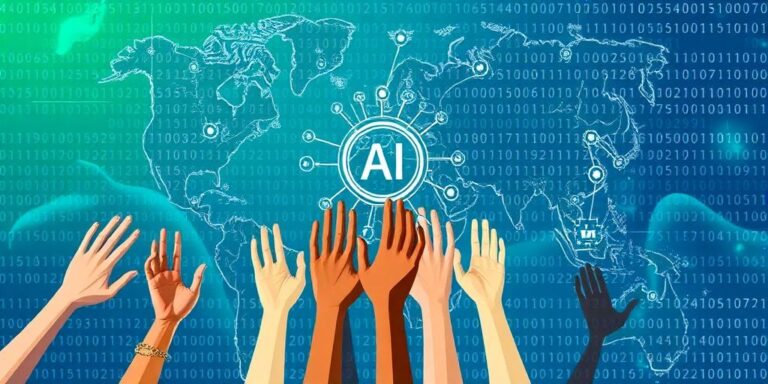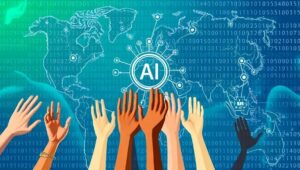Addressing Algorithmic Colonialism in AI Development: A Future Imperative
Artificial intelligence (AI) is rapidly transforming our world, promising unprecedented advancements in various sectors. However, the development and deployment of AI are not without their challenges. One critical issue that demands attention is algorithmic colonialism, a phenomenon where AI systems perpetuate and exacerbate existing inequalities, particularly those rooted in historical colonial power dynamics.
Understanding Algorithmic Colonialism
Algorithmic colonialism refers to the ways in which AI systems, often developed in Western countries, are imposed on other regions without considering local contexts, cultures, and values. This imposition can manifest in several ways:
- Data Extraction: AI models require vast amounts of data for training. Often, this data is extracted from developing countries without adequate compensation or consent, reinforcing a neo-colonial model of resource exploitation.
- Bias and Discrimination: AI algorithms trained on biased datasets can perpetuate and amplify existing societal biases, leading to discriminatory outcomes for marginalized communities.
- Technological Dependence: The reliance on AI systems developed by dominant global powers can create technological dependence, hindering local innovation and autonomy.
- Cultural Homogenization: The deployment of AI systems that are not culturally sensitive can lead to the erosion of local traditions and values, promoting a homogenized global culture.
The Impact of Algorithmic Colonialism
The consequences of algorithmic colonialism are far-reaching and can have detrimental effects on individuals, communities, and entire nations:
- Economic Disparity: AI-driven automation can displace workers in developing countries, exacerbating economic inequality.
- Social Injustice: Biased AI systems can lead to unfair treatment in areas such as criminal justice, healthcare, and education.
- Political Instability: The use of AI for surveillance and social control can undermine democratic processes and human rights.
- Cultural Loss: The imposition of foreign AI systems can erode local cultures and identities, leading to a loss of diversity.
Mitigating Algorithmic Colonialism
Addressing algorithmic colonialism requires a multi-faceted approach that involves collaboration between governments, researchers, and civil society organizations. Here are some key strategies:
- Promote Data Sovereignty: Establish policies that ensure local communities have control over their data and can benefit from its use.
- Develop Inclusive AI Ethics Frameworks: Create ethical guidelines that are culturally sensitive and promote fairness, transparency, and accountability.
- Invest in Local AI Talent: Support education and training programs that build local expertise in AI development and deployment.
- Foster International Collaboration: Encourage collaboration between researchers and practitioners from different regions to share knowledge and best practices.
- Advocate for Responsible AI Governance: Work with governments and international organizations to establish regulations that promote responsible AI development and deployment.
The Future of AI: A Call for Equity and Justice
As AI continues to evolve, it is crucial to ensure that its development and deployment are guided by principles of equity, justice, and respect for cultural diversity. By addressing algorithmic colonialism, we can create a future where AI benefits all of humanity, not just a privileged few. This requires a conscious and concerted effort to decolonize AI, ensuring that it is developed and used in a way that empowers marginalized communities and promotes a more just and equitable world.
In conclusion, algorithmic colonialism poses a significant threat to the equitable development of AI. By understanding its manifestations and implementing proactive strategies, we can mitigate its harmful effects and ensure that AI serves as a tool for empowerment and progress for all nations and communities.




